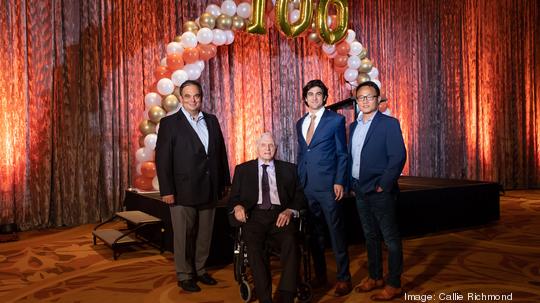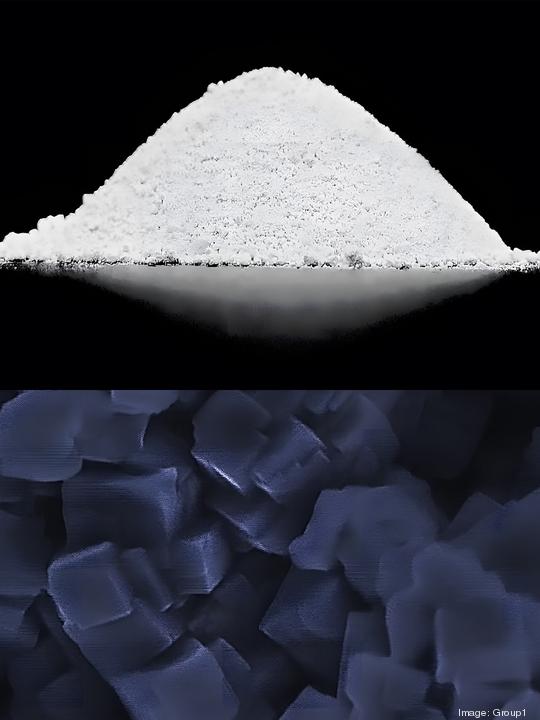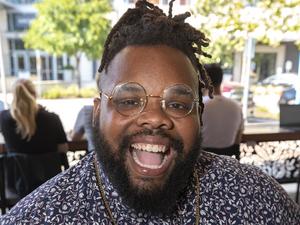
A startup that has been quietly developing next generation battery technologies and has close ties to world renowned experts at the University of Texas is emerging from stealth mode.
Group1 said July 26 it has raised an undisclosed amount of angel funding and is ready to open its next chapter in commercializing cathode materials for potassium-ion batteries.
The company's product, potassium Prussian white cathode material, is said to charge quicker and have less environmental impact than its better known alternative, lithium ion.
The startup is led by co-founder and CEO Alexander Girau, who previously co-founded New Orleans-based lithium-ion battery efficiency startup Advano, which raised $23 million and remains active in the battery sector.
Meanwhile, Group1 co-founder and Chief Science Officer Yakov Kutsovsky was previously chief technology officer at Cabot Corp. And Chief Product Officer Leigang Xue invented the new potassium cathode materials and was previously a post-doctoral researcher at the Goodenough Lab at UT, named after lithium-ion battery inventor and Nobel Prize winner John Goodenough.
"The beauty of potassium is that it can be sourced domestically, whereas with lithium, most of it is sourced either from China, South America or Australia," Girau said. The company says its cathode materials are 1,000 times more abundant than lithium – and 20 times more affordable.

Girau said the new potassium-based approach stands apart from lithium in several respects. Perhaps the most compelling is that it doesn't have components that can catch fire, which has been a significant issue for lithium-ion batteries.
"The combination of sustainability, safety and performance is really what makes the potassium Prussian white outshine lithium," he said. "Potassium Prussian white doesn't have any oxygen in the material."
The novel approach also doesn't create dendrites, deformities that spike out of lithium batteries when they get overcharged or push out too much power too quickly.
Group1's primary clientele will be large electric vehicle makers, although Girau declined to name any early customers. The startup's cathodes are being developed to drop into existing battery forms, making it a viable alternative for EV companies that have already designed their batteries to fit specific configurations.
Group1 is a tiny startup, with just the three co-founders and one full-time employee. But it plans to grow and eventually build manufacturing facilities here.
"We do have plans for this next raise to expand to over 50 employees," Girau said. "We have a small laboratory in South Austin that also will be expanded. I don't know how much yet."
Group1 intends to be in pre-production within three years, and the CEO said venture funding for promising battery startups seems to be abundant in comparison to the funding slowdown in many other sectors.
"I really believe that Austin is on this trajectory to become the battery capital of the world," he said. "And we're starting to see some of that come to fruition."







